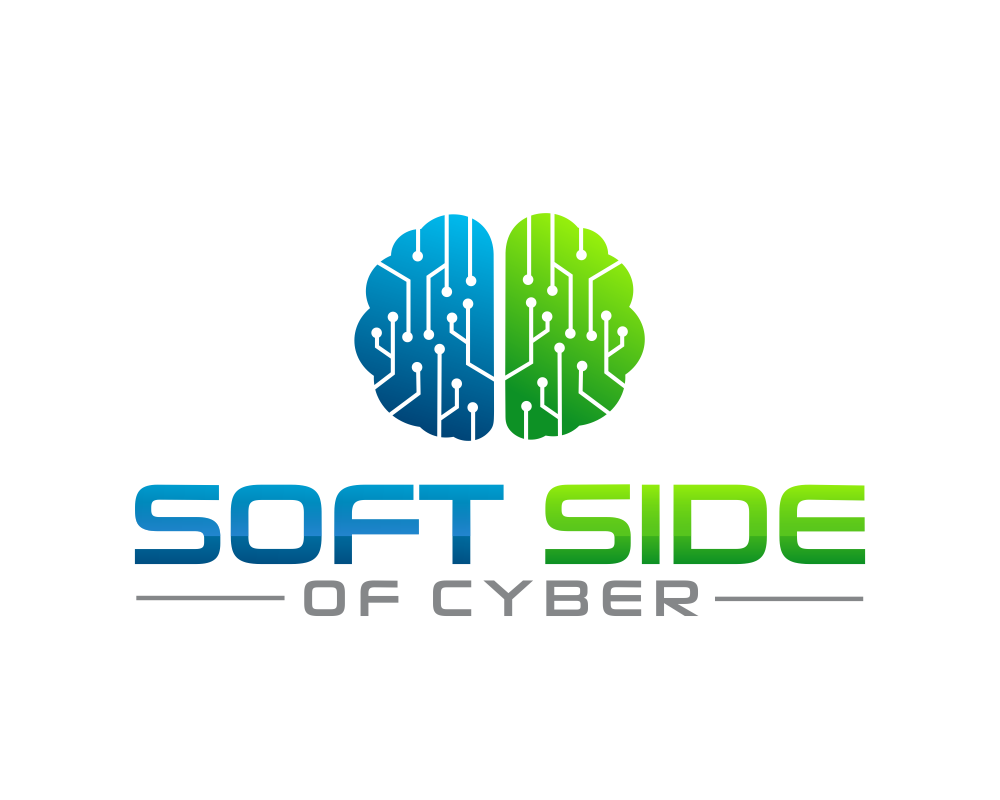
The Crucial Role of Taking Time Off: A Guide for Cybersecurity Professionals
In the fast-paced and high-pressure world of cybersecurity, it's easy for us to become immersed in our work, often sacrificing personal time and relaxation. However, taking time off and disconnecting from work is not just a luxury; it's a crucial practice for maintaining peak performance, preventing burnout, and fostering mental well-being. This article will delve into the importance of disconnecting during time off for cybersecurity professionals and how embracing this practice can lead to a healthier work-life balance and increased job satisfaction.
Taking time off is crucial, but you've got to fully lean in to disconnect from work-related communications and tasks during this time...your time. We deal with sensitive information and high-stakes incidents, which can lead to a constant sense of urgency. However, true time off means disengaging from work emails, alerts, and calls to immerse in personal time fully. By setting clear boundaries between work and personal life, we can create a healthier work-life balance, reducing stress and improving overall job satisfaction.
Prioritizing Mental Health
We deal with critical incidents and constant threats, putting immense pressure on our mental health. Regularly disconnecting during time off allows analysts to recharge mentally, reducing stress and anxiety. Engaging in non-work-related activities during these breaks provides an opportunity for relaxation and rejuvenation, promoting better mental well-being.
Reducing the Risk of Burnout
Burnout is a genuine concern in the cybersecurity field, given the demanding nature of our work. Disconnecting during time off enables analysts to step away from work-related responsibilities, preventing the accumulation of stress and exhaustion. By setting clear boundaries and fully immersing in personal time, we can recharge and return to work with a fresh perspective.
Enhancing Job Performance
Taking time off and disconnecting from work doesn't hinder job performance; it enhances it. Well-rested people are more focused, creative, and productive. Disconnecting during time off allows us to fully recharge, resulting in improved problem-solving skills and the ability to approach cybersecurity challenges with renewed enthusiasm.
Creating a Healthy Work-Life Balance
For cybersecurity professionals, work can easily spill into personal time, leading to an imbalanced lifestyle. Disconnection during time off can draw a clear line between our professional and personal lives. This separation fosters a healthy work-life balance, where personal time is dedicated to self-care, hobbies, and spending quality moments with loved ones.
Strengthening Relationships
Constantly being connected to work can strain relationships with family and friends. By disconnecting during time off, we can be present in the moment and build stronger connections with loved ones. These personal connections are vital in supporting mental health and overall well-being.
Conclusion
In our dynamic and challenging field of cybersecurity, taking time off and disconnecting from work is not a sign of weakness; it's a smart strategy for success. By prioritizing mental health, preventing burnout, and fostering a healthy work-life balance, all of us in cybersecurity can enhance our job performance and overall job satisfaction. Embracing time off and fully immersing in personal time allows us to recharge, be more creative, and approach our work with renewed vigor. So, let's make a conscious effort to disconnect during time off, embracing the power of relaxation and personal well-being for a fulfilling and rewarding career in cybersecurity.

